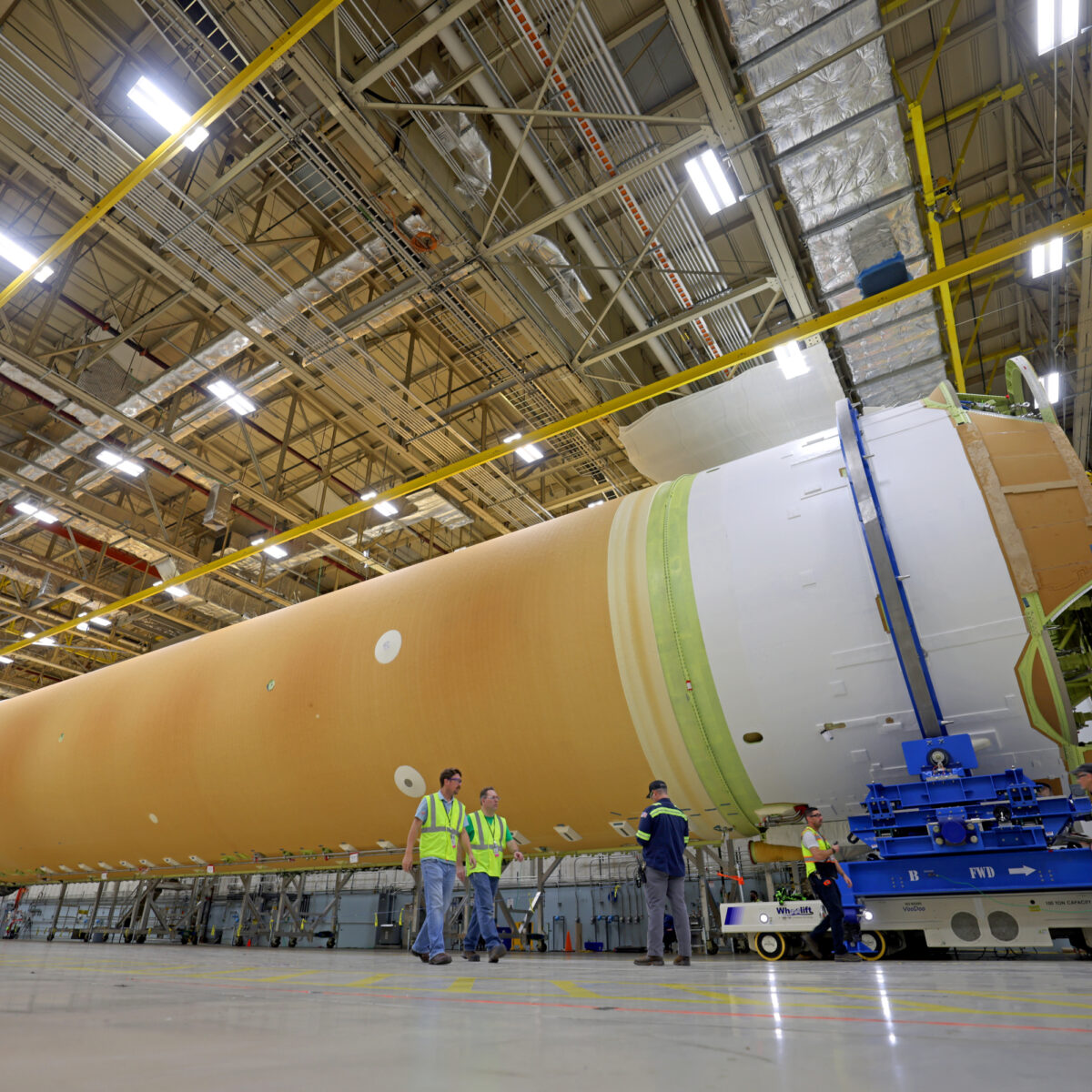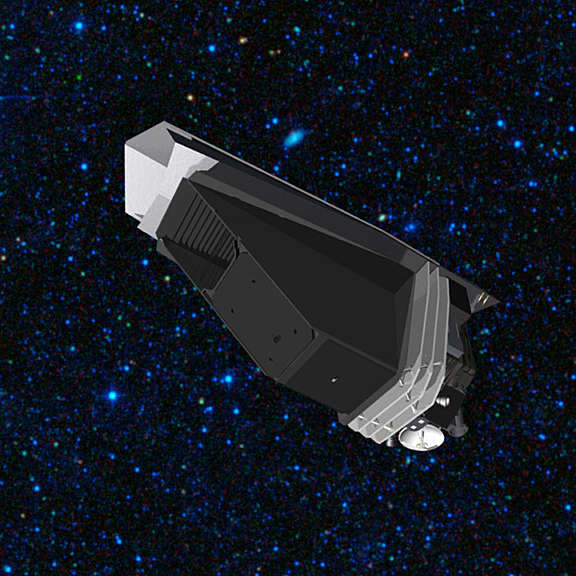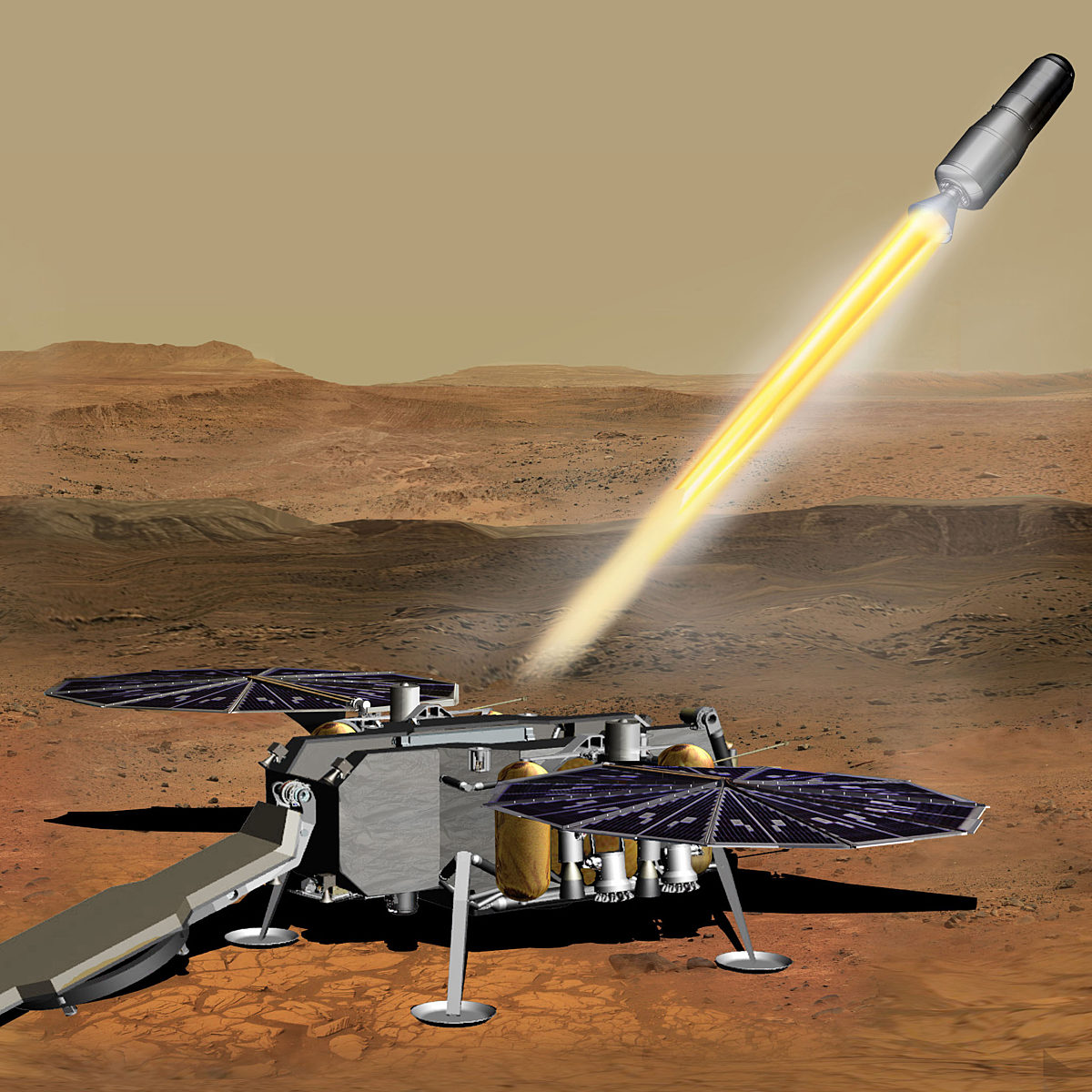The Planetary Society's political advocacy program educates and encourages policymakers to invest in space science and exploration. It enables and requires the participation of tens of thousands of Planetary Society members and supporters who take civic action in support of space.
Our advocacy work is the implementation side of The Planetary Society's Space Policy Program.
Space Recommendations for the Second Trump Administration
The Trump Administration will inherit NASA at a crossroads. The Planetary Society recommends an unwavering commitment to exploration, science, and the unique contributions of the nation's public space program.
Our Advocacy Goals
Explore more worlds with humans and robots
Prioritize the search for life in the universe
Defend the planet from near-Earth objects
Read our Policy & Advocacy PrinciplesCurrent Advocacy Priorities
The Planetary Society's advocacy work is motivated by our core areas of interest: planetary exploration, planetary defense, and the search for life. The organization adheres to formal organizing principles for space science, commercial spaceflight, and human exploration activities.
Our advocacy work tends to focus on programs in our core areas facing cancellation or budget cuts, as well as a broader focus on increasing funding and resources to enable scientific and exploration priorities outlined by the National Academies decadal survey reports.
Our key messaging items are:
NASA Appropriations
- Recommit to space science at NASA
NASA’s space science program has lost nearly $1 billion in buying power over the last five years, effectively a 12.5% cut since 2020. This has resulted in delays, cancellations, and mass layoffs around the country. We must recommit to U.S. leadership in space and invest in our scientific missions and workforce. - Restore NASA’s Science Mission Directorate to $9 billion
This amount is a 4% increase over the inflation-adjusted peak in 2020 and consistent with prior NASA growth plans from 2023. This amount would allow NASA to maintain all operating and in-development missions while pursuing the next generation of breakthrough scientific programs like Mars Sample Return and the Habitable Worlds Observatory. - Move forward, responsibly, with the large-mission priorities in planetary science and astrophysics
- Support Mars Sample Return project as outlined in the planetary science decadal survey — read our Principles for Mars Sample Return
- Ensure technology maturation progress for the Habitable Worlds Observatory as directed by the Astrophysics decadal
- Support a balanced program of planetary science
- Full funding for Dragonfly to meet a 2028 launch date
- VERITAS and DAVINCI budget profile supporting their 2031 launch window
- Fundamental research (R&A) growth to 10% of Planetary Science Division budget
- Continue all operational and in-development Planetary Science Division missions
- Continue investments in planetary defense
- Funding for NEO Surveyor to maintain its 2028 launch date
- Maintain current funding levels for ground-based observation and detection surveys
NASA Authorization Legislation
- Maintain balance between the science and human spaceflight directorates
- Support decadal priorities in planetary science and astrophysics
- Support for decadal balance across SMD and within NASA
- Improve integration of science planning within Project Artemis
International Advocacy
As an organization based in the United States and dedicated to space science and exploration, our advocacy work is focused on the U.S. government and civil space issues. However, we seek out and share opportunities with our members worldwide to take action where appropriate.
Background and Context
The resources below provide additional background regarding our current advocacy priorities.
NASA's FY 2025 Budget
The White House proposed $25.4 billion for NASA in 2025, a modest increase from the previous year, and far less than originally planned.
A billion dollars short: A progress report on the Planetary Decadal Survey
NASA is underfunding planetary exploration relative to recommendations made by the National Academies Decadal Survey report, resulting in mission delays and cancelations.
NEO Surveyor, protecting Earth from dangerous asteroids
NASA’s NEO Surveyor is a space telescope that will search for and study near-Earth objects.
Mars Sample Return, an international project to bring Mars to Earth
Despite advances in space technology, certain science questions, including whether or not a Mars rock contains signs of ancient life, can only be answered in Earth-based laboratories.
Space Policy Resources
Additional data, detailed reports, and policy proposals by The Planetary Society that outline the organization's priorities and recommendations.


 Explore Worlds
Explore Worlds Find Life
Find Life Defend Earth
Defend Earth







